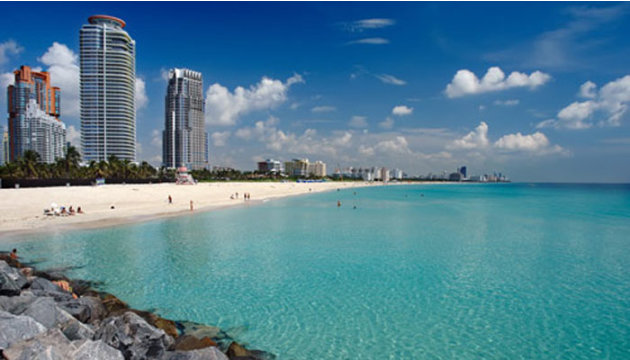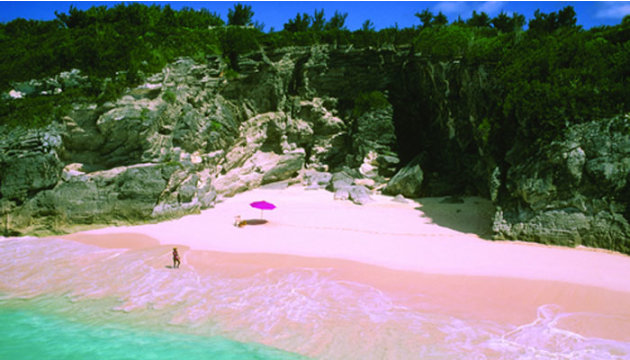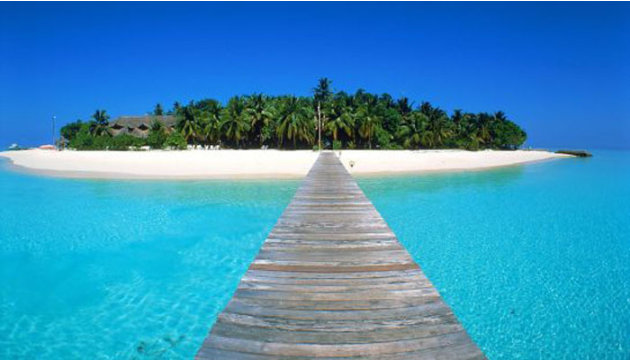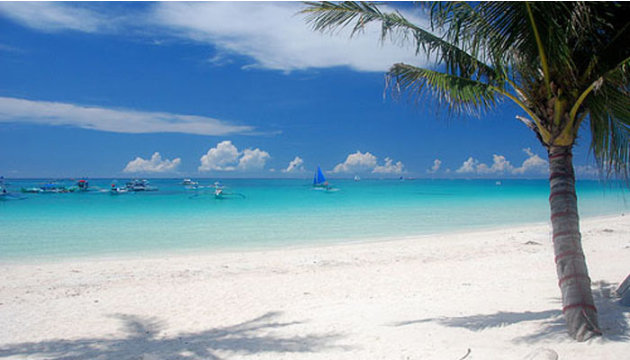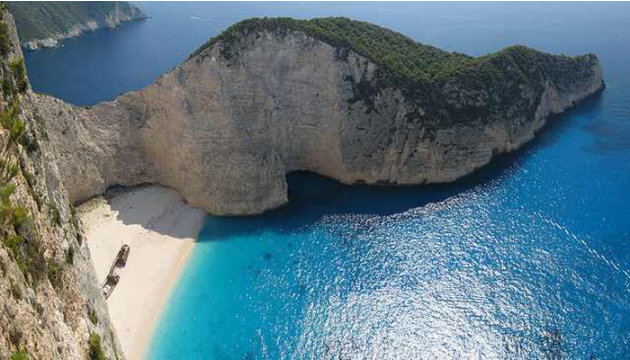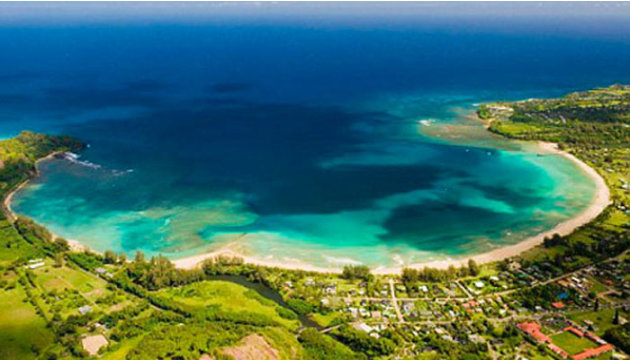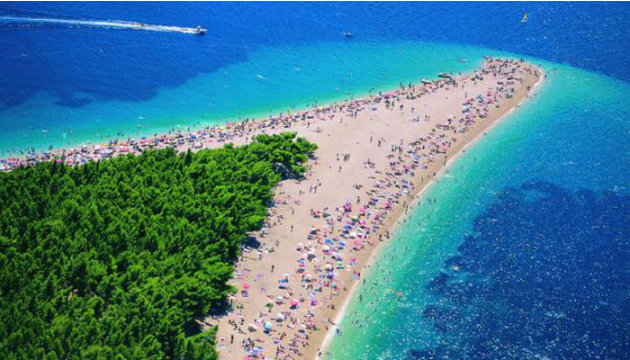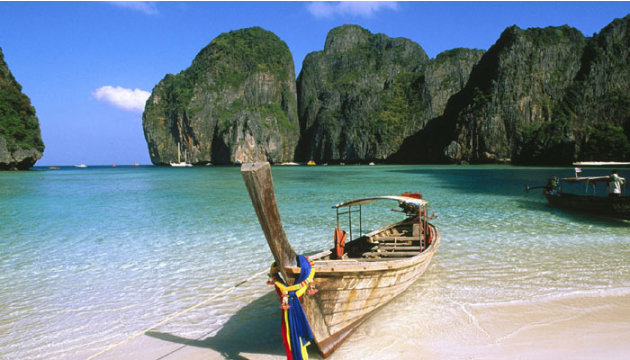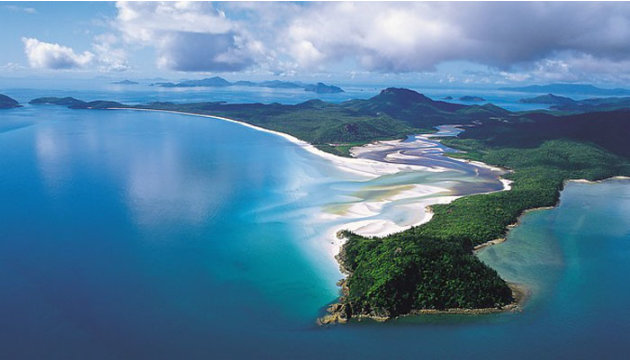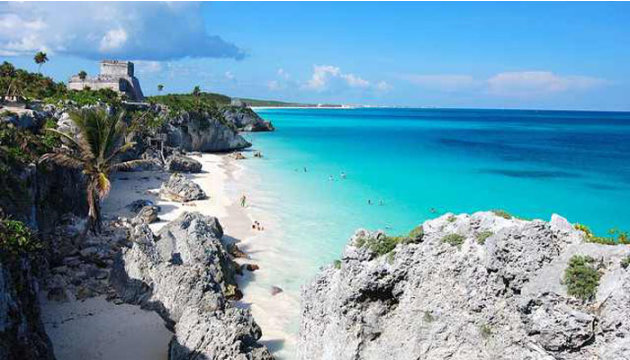Manoj Bhargava. Photo by Eric Eggley.
This story appears in the Feb. 27 edition of Forbes magazine.
In one corner of Manoj Bhargava’s office is a cemetery of sorts. It’s a Formica bookcase, its shelves lined with hundreds of garishly colored screw-top plastic bottles not much taller than shot glasses. Front and center is a Cadillac-red bottle of 5-Hour Energy, the two-ounce caffeine and vitamin elixir that purports to keep you alert without crashing. In eight years 5-Hour has gone from nowhere to $1 billion in retail sales. Truckers swear by it. So do the traders in Oliver Stone’s 2010 sequel to Wall Street. So do hungover students. It’s $3 a bottle, and it has made Bhargava a fortune.
What's In A Bottle Of 5-Hour Energy?
His company, Living Essentials, is the biggest player by far in the energy-shot market, and not because 5-Hour is so delicious. Chalky cough syrup is more like it. The reason Bhargava has won is that he plays tough. Sitting in that cemetery are a dozen or so neon copycats with names like 6-Hour Power and 8-Hour Energy. Each has been sued, bullied or kicked off the market by Living Essentials’ lawyers. In front of each are little placards with a skull and crossbones drawn in felt-tip pen. Bhargava points at the gravestone of one of his late competitors and says with a chuckle, “Rest in peace.”
The privately held Living Essentials doesn’t report revenue or profits, but a source with knowledge of its financials says the company grossed north of $600 million last year on that $1 billion at retail. The source says the company netted about $300 million. Checkout scan data from research firm SymphonyIRI say that 5-Hour has 90% of the energy-shot market. Its closest competitor, NVE Pharmaceuticals’ Stacker brand, has just over 3%.
Yet Bhargava, 58, is so under the radar that he barely registers on Web searches. His paper trail is thin, consisting primarily of more than 90 lawsuits. This is his first press interview. “I’m killing it right now,” he says, adjusting a black zip-up cardigan from behind the table of a soulless conference room in a beige low-rise building in a suburban business park in Farmington Hills, Mich. “But you’ll Google me and find, like, some lawyer in Singapore.”
Vague and inscrutable is how Bhargava likes things. The names of 5-Hour’s parent company, Living Essentials LLC, and that company’s parent firm, Innovation Ventures, are purposely bland. “They were intended as placeholders, and they stuck,” he says, smiling.
Colleagues and acquaintances uniformly describe Bhargava as “humble,” and he seems proud of his frugal lifestyle: his ancient flip phone, his cheap office furniture, the modest two-story home he shares with his wife and 20-year-old son. Yet, over vegetarian lasagna at Antonio’s, his favorite strip-mall Italian joint off Detroit’s Twelve-Mile Road, Bhargava says, apropos of nothing: “I’m probably the wealthiest Indian in America.”
The rise of 5-Hour began in the spring of 2003, when Bhargava found himself at a natural products trade show in Anaheim, Calif. At one booth the sales reps peddled a 16-ounce concoction claiming to boost productivity for hours. Bhargava took a swig. “For the next six or seven hours I was in great shape,” he says. “I thought, Wow, this is amazing. I can sell this.”
Right away, though, he knew 16 ounces wouldn’t sell. He didn’t want to compete with Red Bull, at the time new to the market. Nor did he want to share fridge space with Coke or Pepsi. “I thought, If I’m tired, am I also thirsty? Is that like having a headache and a stomachache? It didn’t make any sense.” He glanced at the ingredients label and made a mental note. Six months later his version was on the shelves, two ounces of caffeine-infused B vitamins such as niacin mixed with acids like taurine.
Bhargava’s team still had to convince stores and buyers alike that their product was safe. The initial job of getting 5-Hour Energy on the shelves went to Rise Meguiar, Living Essentials’ vice president of sales and the only woman on a team of 17. Health chain GNC was the first to bite, agreeing to stock 5-Hour in 1,200 of its stores in 2004. Slowly but surely, Walgreens, Rite Aid and regional chains like Sheetz followed.
Forbes 400 Newcomers 2012
1 of 20
+ show more
Manoj Bhargava
No. 311: $1.5 billion
Age: 59
Indian-born math whiz moved to Philadelphia with his family as a teen, dropped out of Princeton, returned to India to live as a monk for 12 years and then came back to the U.S., where he got into plastics. Eight years ago he concocted the formula that made him rich: 5-Hour Energy, a 2-ounce elixir of caffeine, B-vitamins and taurine. Last year he sold $600 million of the $3 red minibottles.










